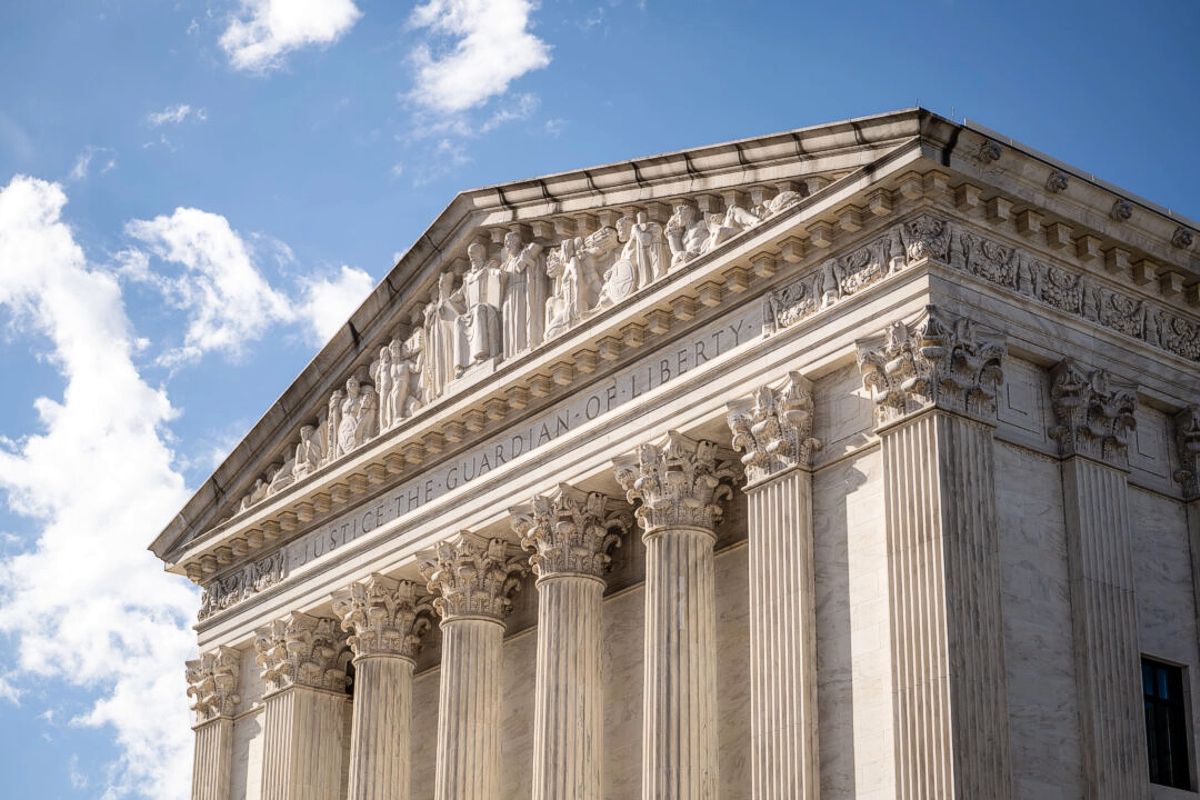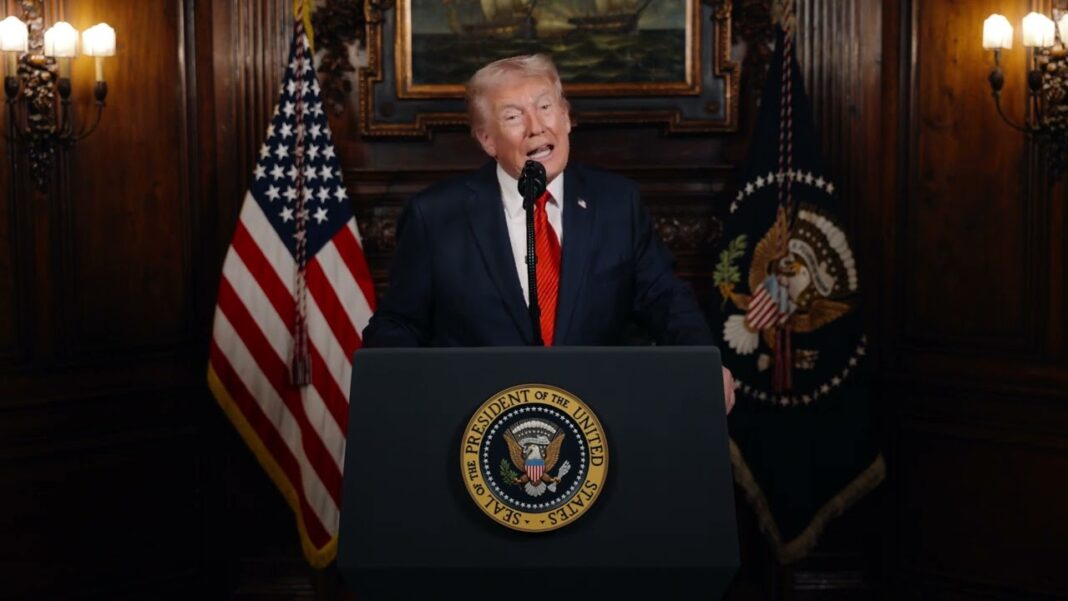Trump’s second term has brought a wave of litigation that tested the limits of judicial and executive authority.
The federal court system returned some landmark rulings for the American people in 2025, but many legal questions remain unanswered as judges absorb the flood of litigation challenging President Donald Trump’s policies.
In his second term, Trump has pursued an ambitious agenda on spending, diversity, gender, federal workforce reductions, and immigration, among other things.
With those moves towards change came major constitutional questions that have, or are likely to result in, landmark precedents.
Within months of Trump’s second term, hundreds of court cases led to a spike in roadblocks to executive action and a wave of emergency docket decisions that have led many to question the Supreme Court’s discretion.
So far, the justices have considered more than 20 emergency appeals and held three oral arguments over major challenges to Trump’s policies, including tariffs, firing employees, and nationwide injunctions.
Meanwhile, the ensuing court battles have prompted tense confrontations with federal judges and reinvigorated debate about how much the third branch of government can restrain the second.
Immigration
Perhaps Trump’s top policy priority, immigration, has been the focal point of these tensions—testing not only the parameters set up by Congress but how the judiciary can enforce those as well.
By June, Trump’s birthright citizenship restrictions had led the Supreme Court to weaken judges’ longstanding but controversial practice of issuing sweeping blocks—otherwise known as nationwide injunctions—on presidents’ policies.
That decision and others involving Trump amplified tensions judges had with each other and the president; each side accusing the other of overstepping their authority and disrupting the nation’s separation of powers.
A particularly tense exchange saw Justice Ketanji Brown Jackson accusing Justice Amy Coney Barrett and the other conservatives of undermining the rule of law.
In a biting response, the majority said Jackson was advancing a view of injunctions that was “at odds with more than two centuries’ worth of precedent, not to mention the Constitution itself.”
Barrett, who released a book in September, maintained that she respected Jackson.
Charged rhetoric also emerged from cases challenging Trump’s attempt to deport Venezuelan gang members under the Alien Enemies Act.
After U.S. District Judge James Boasberg blocked those deportations in March, Trump called for his and other judges’ impeachment.
That appeared to prompt a rare response from Chief Justice John Roberts, who admonished impeachment over legal rulings.
The following months saw tense exchanges between federal judges and the Justice Department, which faced potentialcontempt from Boasberg and U.S. District Judge Paula Xinis.
Xinis was the Maryland judge who ordered the return of a deportee, Kilmar Abrego Garcia, despite the administration’s contention that she was intruding on its authority over foreign affairs.
Meanwhile, the administration has filed a formal complaint against Boasberg in the D.C. Circuit, which is also reviewing whether he overstepped his authority in the way he probed potential contempt.
By Sam Dorman








